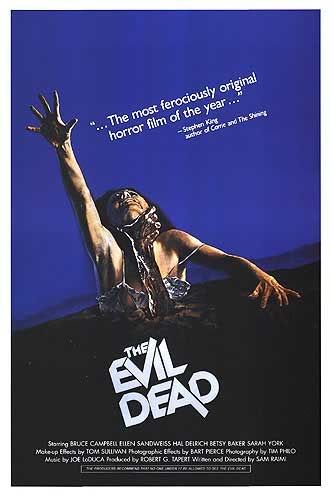With the advent of the web, communication of opinion has flourished through the wires landing on home computer monitors across throughout the world with a click of a mouse to anyone with a connection. This outlet has created new frontiers for mass media, offering up a virtually endless resource for all.
For example, if you wanted a review of a newly or recently released movie review, the choice for many in this day an age is to start searching and delving into the options offered on the web. Sites like RottenTomatoes.com and the countless blogs devoted to movie reviews can offer opinion from just about anyone as well as reviews from established, professional critics, putting them side by side. The distinction resides in the name and title of the source.
Professional critics these days have to compete with the overflow of the opinion of those who may or may not be qualified in terms of being established or referred to as a “published” author.
Finding a truly educated resource in this day and age of online communication can be a daunting task. The tried and true paper form of communication via newspapers, magazines or academic publications no longer are recognized as the initial source of information by informed agents of writing and criticism. In modern times, the ease in which a person can find a writeup of a review and publish it online puts the antiquated forms of communication in competition with the opinion of anyone with a connection.
In the introduction of his article “The Crisis of Criticism”, Berger takes a stand against how critical writing has become watered down and it “has all too often become bad writing.”
In his opinion he states, “It is the critic who often supports or analyzes culture against the grain of popular tastes, indifference, or hostility... (and) serves as a kind of aesthetic mentor, introducing an audience to challenging, little-known, or obscure works offering insights that make a work more accessible, engaging, profound, or relevant.”
Distinguishing and seeking out a good critic with a valued opinion on the web is attainable but more of a personal choice. The critic must connect with it’s audience on a level of truth that is expected of a review. Those critics who are doing their civic duty to continue furthering the relevance of the artform as an indicator of change in culture should be recognized and lauded and they will gain exposure through the various avenues that will offer up more possibilities.
Therefore, the role of the critic works as a deeper connection to the artist and their work, delving deeper into the psyche of the statement the artist is relaying, a level of quality and aesthetic will be retained.

